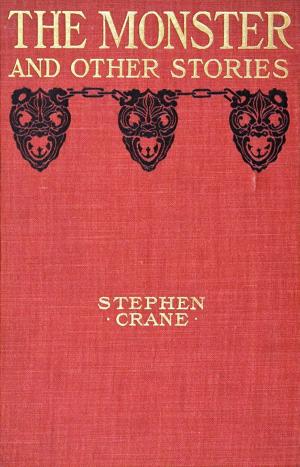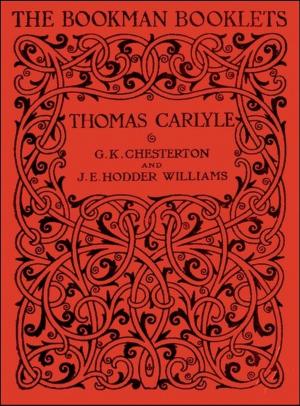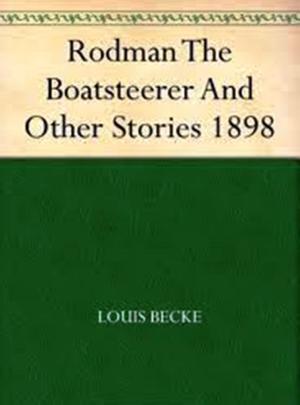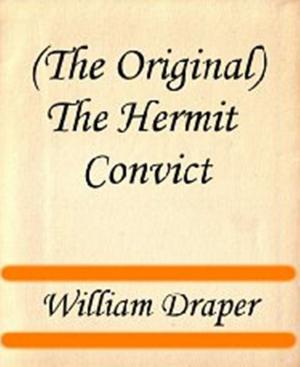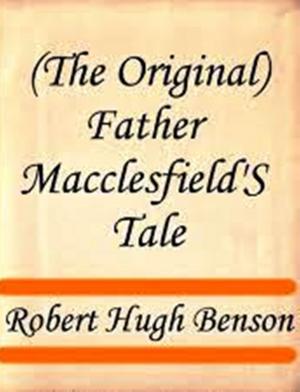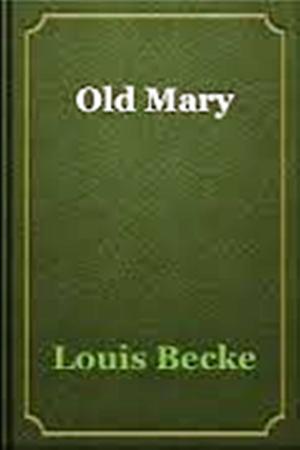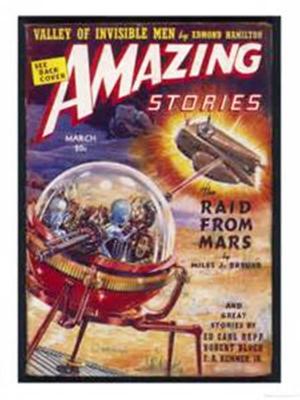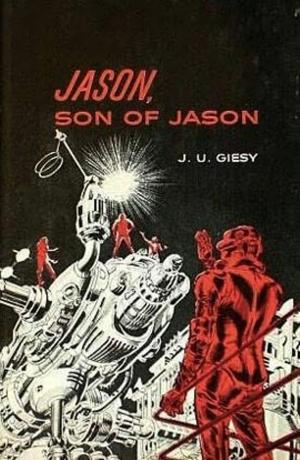| Author: | G.K. CHESTERTON | ISBN: | 1230000146507 |
| Publisher: | WDS Publishing | Publication: | June 29, 2013 |
| Imprint: | Language: | English |
| Author: | G.K. CHESTERTON |
| ISBN: | 1230000146507 |
| Publisher: | WDS Publishing |
| Publication: | June 29, 2013 |
| Imprint: | |
| Language: | English |
All the mass of acute and valuable matter written or compiled about Milton leaves eternally an unanswered question; a difficulty felt by all, if expressed by few, of his readers. That difficulty is a contrast between the man and his poems. There exists in the world a group of persons who perpetually try to prove that Shakespeare was a clown and could not have written about princes, or that he was a drunkard and could not have written about virtue. I think there is a slight fallacy in the argument. But I wonder that they have not tried the much more tempting sport of separating the author of L' Allegro from the author of the Defensus Populi Anglicani. For the contrast between the man Milton and the poet Milton is very much greater than is commonly realized. I fear that the shortest and clearest way of stating it is that when all is said and done, he is a poet whom we cannot help liking, and a man whom we cannot like. I find it far easier to believe that an intoxicated Shakespeare wrote the marble parts of Shakespeare than that a marble Milton wrote the intoxicated, or, rather, intoxicating, parts of Milton. Milton's character was cold; he was one of those men who had every virtue except the one virtue needful. While other poets may have been polygamists from passion, he was polygamous on principle. While other artists were merely selfish, he was egoistic.
The public has a quick eye for portraits, a very keen nose for personality; and across two centuries the traditional picture of Milton dictating to his daughters till they were nearly dead has kept the truth about Milton; it has not taken the chill off. But though the mass of men feel the fact Milton after two hundred years, they seldom read the poetry of Milton at all. And so, because Milton the man was cold, they have got over the difficulty by saying that the poet Milton is cold too; cold, classical, marmoreal. But the poetry of Milton is not cold. He did in his later years, and in a fit of bad temper, write a classical drama, which is the only one of his works which is really difficult to read. But taken as a whole he is a particularly poetical poet, as fond of symbols and witchery as Coleridge, as fond of colored pleasures as Keats. He is sometimes sufficiently amorous to be called tender; he is frequently sufficiently amorous to be called sensual. Even his religion is not always heathen in his poetry. If you heard for the first time the line,
All the mass of acute and valuable matter written or compiled about Milton leaves eternally an unanswered question; a difficulty felt by all, if expressed by few, of his readers. That difficulty is a contrast between the man and his poems. There exists in the world a group of persons who perpetually try to prove that Shakespeare was a clown and could not have written about princes, or that he was a drunkard and could not have written about virtue. I think there is a slight fallacy in the argument. But I wonder that they have not tried the much more tempting sport of separating the author of L' Allegro from the author of the Defensus Populi Anglicani. For the contrast between the man Milton and the poet Milton is very much greater than is commonly realized. I fear that the shortest and clearest way of stating it is that when all is said and done, he is a poet whom we cannot help liking, and a man whom we cannot like. I find it far easier to believe that an intoxicated Shakespeare wrote the marble parts of Shakespeare than that a marble Milton wrote the intoxicated, or, rather, intoxicating, parts of Milton. Milton's character was cold; he was one of those men who had every virtue except the one virtue needful. While other poets may have been polygamists from passion, he was polygamous on principle. While other artists were merely selfish, he was egoistic.
The public has a quick eye for portraits, a very keen nose for personality; and across two centuries the traditional picture of Milton dictating to his daughters till they were nearly dead has kept the truth about Milton; it has not taken the chill off. But though the mass of men feel the fact Milton after two hundred years, they seldom read the poetry of Milton at all. And so, because Milton the man was cold, they have got over the difficulty by saying that the poet Milton is cold too; cold, classical, marmoreal. But the poetry of Milton is not cold. He did in his later years, and in a fit of bad temper, write a classical drama, which is the only one of his works which is really difficult to read. But taken as a whole he is a particularly poetical poet, as fond of symbols and witchery as Coleridge, as fond of colored pleasures as Keats. He is sometimes sufficiently amorous to be called tender; he is frequently sufficiently amorous to be called sensual. Even his religion is not always heathen in his poetry. If you heard for the first time the line,


